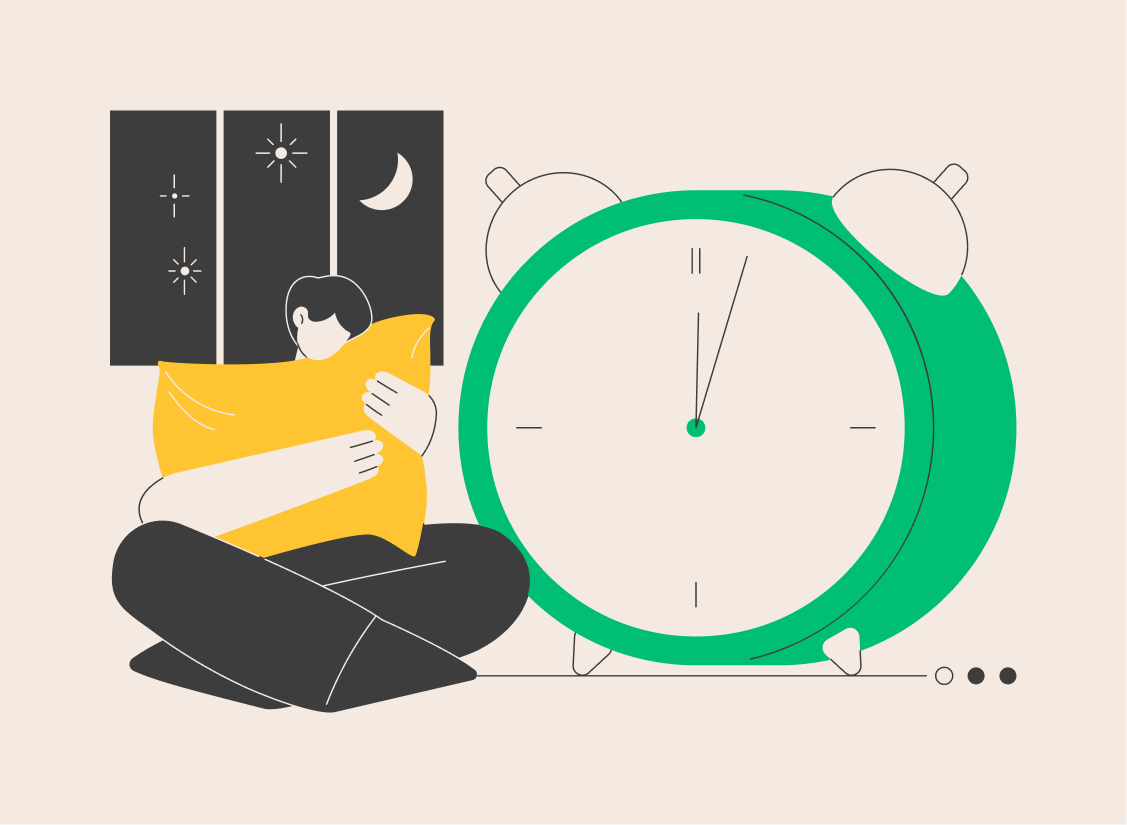Establish a routine

Ready to Transform Your Sleep?
Download Zen Melodies today and start your journey to deeper, more restful sleep with our expertly crafted soundscapes.
Download appHaving a consistent sleep schedule is crucial for maintaining your body's internal clock, leading to improved sleep quality. Here's how you can establish and stick to a sleep routine:
1. Determine Your Ideal Sleep Schedule
Start by identifying the time you need to wake up to meet your daily responsibilities. Count back 7-9 hours, which is the recommended amount of sleep for most adults, to find your ideal bedtime.
2. Gradually Adjust Your Schedule
If your current sleep schedule differs significantly, adjust it gradually, in 15-minute increments, until you reach your ideal bedtime and wake-up time.
3. Create Pre-Sleep Rituals
Develop a relaxing pre-bedtime routine to signal your body that it's time to wind down. This can include activities like reading, taking a warm bath, or practicing relaxation exercises.
4. Make Your Bedroom Conducive to Sleep
Ensure your bedroom environment promotes relaxation. Keep it cool, dark, and quiet. Consider using blackout curtains, white noise machines, and a comfortable mattress.
5. Limit Exposure to Screens
Turn off electronic devices at least an hour before bed. The blue light emitted by screens can interfere with your ability to fall asleep.
6. Be Consistent
Stick to your sleep schedule every day, even on weekends. Consistency reinforces your body's sleep-wake cycle.
7. Watch Your Intake
Avoid large meals, caffeine, and alcohol close to bedtime, as they can disrupt sleep.
8. Exercise Regularly
Incorporate physical activity into your day. Regular exercise can help you fall asleep faster and enjoy deeper sleep, but try to finish workouts a few hours before bedtime.
9. Manage Stress
Try to resolve worries or stress before bedtime. Journaling or practicing mindfulness can help clear your mind.
10. Seek Professional Advice if Needed
If sleep problems persist, consider consulting a healthcare provider to rule out sleep disorders.



